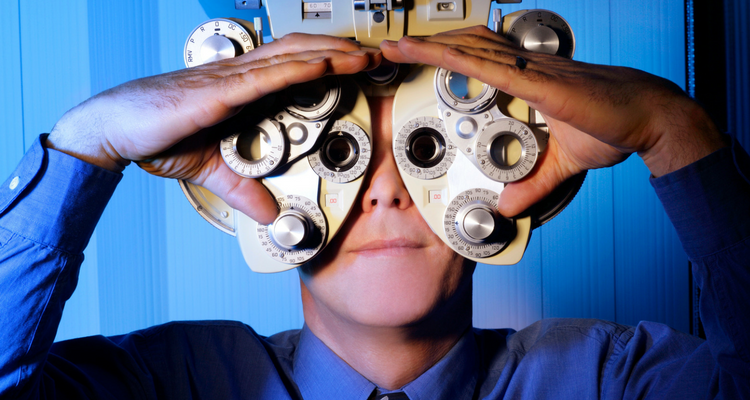Category Archives for Writing

Why Self-Indulgence Can Be a Good Thing for Your Writing
Despite how much writing can be a pleasurable hobby, there are a staggering amount of “don’ts” that writers are told to avoid in order for their work to be viewed as “good.” Don’t use adjectives. Don’t give any exposition ever. Don’t use clichés or tropes because X audience is tired of them.
Don’t do this, don’t do that, on and on, until you stop and realize that, if you choose to not do all of the things you’re not supposed to do, well… you wouldn’t get much writing done, would you? There’d be no wiggle room for it.

Keeping Fresh Eyes
“It is difficult to keep the public interested… the supply of new ideas is not endless,” complains the narrator of Donald Barthelme’s “The Flight of Pigeons from the Palace.”
For every writer, whether they pen literary fiction or produce streams of online content, the fight to stay interesting is an ongoing one.
Interesting to the reader, interesting to ourselves as writers, and interested in the process of putting words on a page. It is all too easy for overfamiliarity to seep in, causing mind-numbing boredom first in the writer, and in turn, the reader.

The Science Behind What Writing Does to Your Brain
Have you ever written for several hours, then emerged from your creative stupor feeling like you’ve just run a marathon?
I tend to hang around a lot of writers, and our routine is as follows: Wake up > eat > write > nap > eat > write > sleep. Notice that nap wedged in the middle of writing? Yeah, that’s necessary.
It could be because we’ve been staring at a screen for hours on end, or maybe it’s the growing cramp in our hands, but if you catch us sans-nap, we’re gonna look like zombies.
From start to finish, the writing process is exhausting. We all know how difficult a first draft can be, and the edits that follow are painful and seemingly never-ending. But that’s not the only reason writing drains the life out of us.

Do Introverts Really Make Better Writers?
Admit it.
You’ve taken at least one, if not several, personality tests in your life, likely of varying veracity.
From the Myers-Briggs Type Indicator (INFJ), to the Buzzfeed “Which Harry Potter Character Are You?” (Hermione), we humans love it when tests can tell us who we are.
We’re self-definition and self-improvement addicts.
So, it’s no big surprise that these days the labels of introvert and extrovert have influenced our understanding of ourselves and others.
